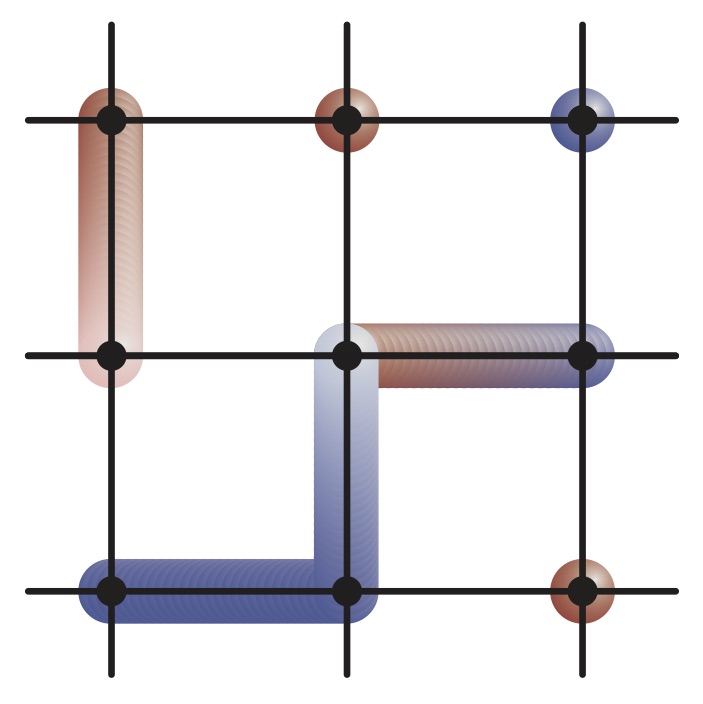FOR 5522 PhD School on Nonergodic Quantum Dynamics
→
Europe/Berlin
HS 2 (Max Born Hörsaal) (Faculty of Physics)
HS 2 (Max Born Hörsaal)
Faculty of Physics
Friedrich-Hund-Platz 1, 37077 Göttingen
, , ,
Description
FOR 5522 PhD School on Nonergodic Quantum Dynamics

You can now find the lecture notes in the sidebar under "Lecture notes". If you do not yet have access to it, please get in touch with Silas Hardt (silas.hardt@stud.uni-goettingen.de).
Topics
- Thermalization in Closed Quantum Systems
- Eigenstate Thermalization Hypothesis and Quantum Chaos
- Many-body localization
- Constrained dynamics: Lattice gauge theories
- Constrained dynamics: Hilbert space fragmentation
- Quantum Scars
- Anomalous transport and hydrodynamics
- Beyond Standard ETH
- Experiments with quantum gases
- Computational methods
Lectures
- Monika Aidelsburger, MPQ Garching & LMU Munich , Germany
- Immanuel Bloch, LMU Munich & MPQ Garching, Germany
- Sarang Gopalakrishnan, Princeton University, U.S.A.
- Markus Heyl, Universität Augsburg, Germany
- Sanjay Moudgalya, TUM, Garching, Germany
- Anne Nielsen, Aarhus University, Denmark
- Silvia Pappalardi, Universität zu Köln, Germany
- Anatoli Polkovnikov, Boston University, U.S.A.
- Frank Pollmann, TUM, Garching, Germany
- Alan Tennant, University of Tennessee, Knoxville, U.S.A
Organizers
- Fabian Heidrich-Meisner, Universität Göttingen
- Markus Heyl, Universität Augsburg
- Roderich Moessner, MPIPKS Dresden
- Frank Pollmann, TUM
This PhD school is sponsored by the DFG Research Unit FOR 5522.

